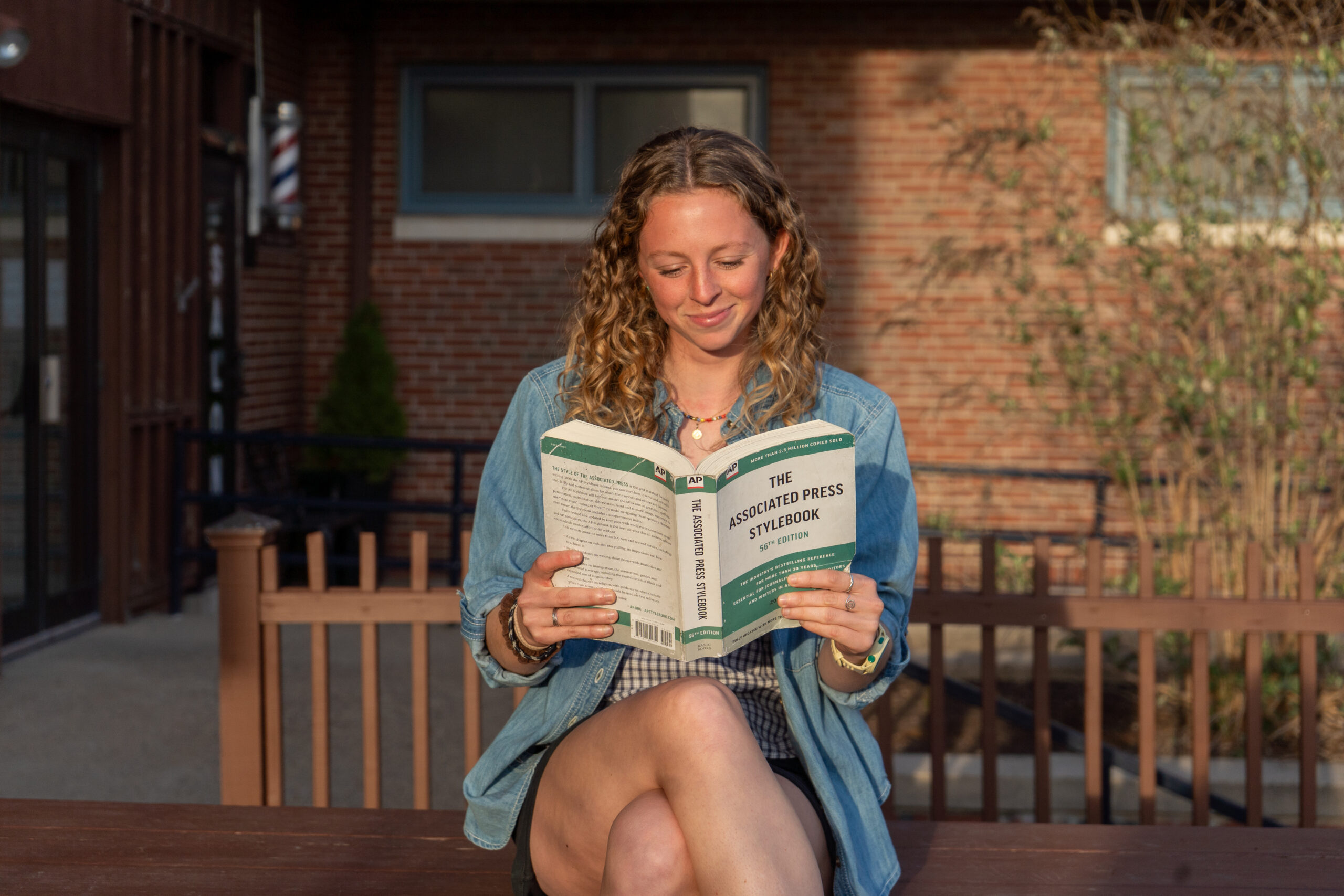Yaruska Ordinola is a DACA recipient living in Providence, Rhode
Island. She is a recent graduate of the University of Rhode Island and is a student activist involved with local community organizations. Email: askaDACArecipient@gmail.com, open for inquiries or discussion.
The DACA memorandum, implemented in 2012 by former Department of Homeland Security Secretary Janet Napolitano, allows those who overstayed their visa or unlawfully entered the United States as children to apply for a work permit. Upon acceptance, recipients are considered a non-priority for removal. I am one of the many young adults who have Deferred Action. The U.S. has been my home since I was 8 years old. DACA was implemented a year after I graduated from high school and was accepted into the University of Rhode Island. It has given me the opportunity to gain employment and obtain a higher degree.
However, it did not make me eligible for federal financial aid, which can be an insurmountable barrier for many prospective students. Despite these challenges, I paid for my first semester with a university scholarship, a private scholarship, and out of pocket money. I set my mind on this goal, worked hard for it, and eventually graduated magna cum laude with two majors and an honors degree last year. I had achieved my parents’ dream of seeing their daughter graduate college. But despite my efforts, I am still criticized for receiving a “free education” or “taking up somebody else’s spot.” I identify as American by virtue of my community involvement, my skills, and my contributions; only a mere document prevents me from identifying as a citizen. It is frustrating that the only place I have ever called home still considers my national
identity up for debate.
President Trump has called undocumented immigrants “criminals” but has said that he will “deal with DACA with heart” and that recipients like me should “rest easy.” On the morning of Sept. 5, 800,000 recipients watched as Jeff Sessions announced the Trump adminis-
tration would repeal DACA, and also gave congress six months to pass a solution. Although we knew DACA was always a temporary measure that could be abandoned at any time, he had taken away what most of us had held onto as hope. DACA does not confer anything remotely resembling a pathway to citizenship or legal status and in reality, feels like immigration limbo. Despite what many people believe DACA to be, it is far from amnesty.
It’s easy to condemn a policy or law without acknowledging the faces behind the numbers. Many people have taken sides on the immigration debate in the abstract, without taking the reasonable step of listening to personal narratives of individuals who like me have been forced to navigate this broken immigration system. The first step towards comprehensive immigration reform is to recognize 11.3 million undocumented individuals first
and foremost as people. We are currently forced to live in constant fear of an uncertain future, where our ability to do basic things like work or drive hangs on a thread. Debates around immigration are not new to the
Trump era; undocumented individuals have been waiting decades for comprehensive immigration reform that will provide a well-earned opportunity to live a normal
life in a country they contribute to every day. It does not take an immigration expert to have an opinion on whether or not undocumented individuals deserve fundamental human rights. It is time for Americans of conscience to take a stand on an issue that has lingered for too long under their noses. It is time that our elected officials defend Deferred Action while also pursuing a reasonable and permanent solution to our broken immigration system.



